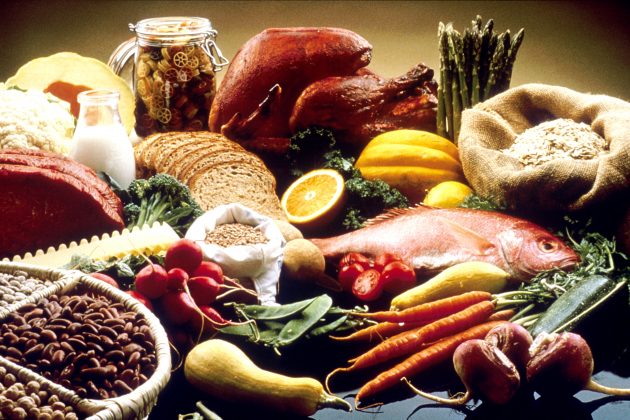
COVID-19 food insecurity crisis predicted to last for years to come: report
by CM Staff
COVID-19 has intensified food insecurity

PHOTO: Good food on display/National Cancer Institute
TORONTO — Daily Bread Food Bank and North York Harvest have released the annual Who’s Hungry report, a profile of hunger in Toronto. The report reveals that prior to COVID-19, food bank use had already increased by 5% compared to the previous year, with close to one million visits in the city of Toronto — the same level as peak following the 2008-09 financial crisis.
With the arrival of COVID-19, food bank visits continue to climb significantly, increasing by 22% in June to a staggering 51% in August compared to the previous year. It is expected that this year will have the highest number of food bank visits ever recorded in Toronto.
Food bank clients in Toronto are food insecurity, which is being driven by precarious employment, insufficient income, and unaffordable housing:
COVID-19 has intensified food insecurity. Three quarters of respondents who had never accessed a food bank before reported that they began using food banks because of the pandemic, primarily due to job loss or reduction in hours.
“Food banks are still grappling with the aftermath of the 2008-09 recession. Now, with the massive increase in food bank use during COVID-19, we are deeply concerned that we will be facing another decade of heightened food insecurity,” said Neil Hetherington, CEO, Daily Bread Food Bank, in a prepared statement. “The trends we were seeing before the pandemic — the high cost of housing, rising precarious employment, and insufficient income supports — are what have made our communities most vulnerable to the impacts of this virus.”